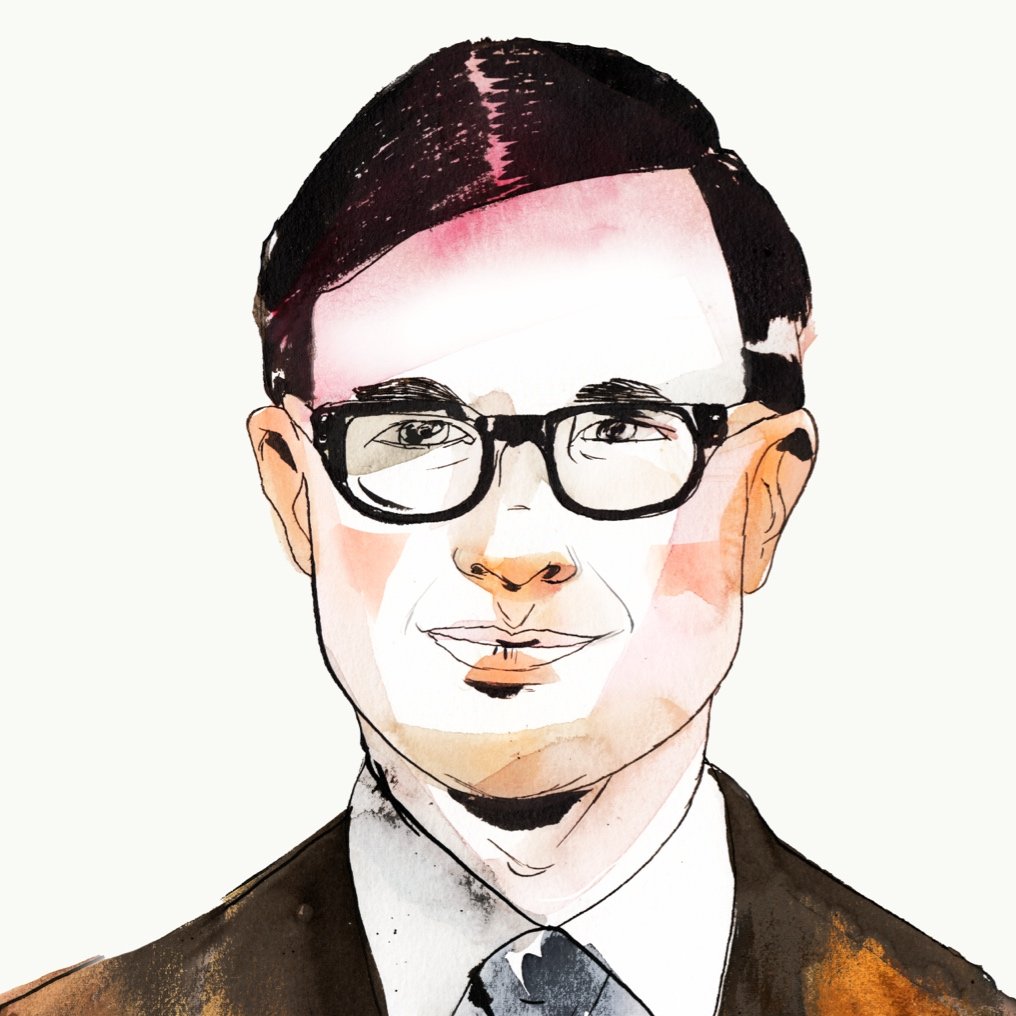Two days ago, Bob Dylan received the Presidential Medal of Freedom. And once again we saw the tendency of American liberals to misunderstand a man who has refused to be enlisted in their causes.
President Obama remarked that “No one ever picks up a guitar, or fights a disease, or starts a movement, thinking: ‘You know what? If I keep this up, in 2012 I could get a medal in the White House from a guy named Barack Obama. That wasn’t in the plan. But that’s exactly what makes this award so special.”
Setting aside the odd narcissism of the president’s comment, we see in it yet another instance of liberalism’s long history of misunderstanding Bob Dylan.
Dylan’s work is not about the story of American liberalism. It is not about the Antiwar movement, Civil Rights, or—-contra President Obama—-the wonder of a black man leading a nation that has long struggled with race, worthy as all these things are. It is about man simpliciter and, often, about man standing before his God.
Stephen Webb recounts an episode in his August 2006 review of Bob Dylan: The Essential Interviews where Dylan shows how little patience he has for the politics of race. After accepting an award from a civil-rights group, Dylan becomes uncomfortable:
He understood that liberalism color-codes the social grid rather than turning a blind eye to skin color altogether. “Those people that night were actually getting me to look at colored people as colored people. I tell you, I’m never going to have anything to do with any political organization again in my life.” And he didn’t.
Dylan also soon began to refuse the anti-war label:
Dylan mentions a painter he knows who is for the war. They ask why he doesn’t argue with him. “I can see what goes on in his paintings, and why should I?” They press him, because they just cannot fathom that Dylan does not share their political views. Dylan finally backs away by saying, “Well, there’s nothing for us to talk about really.” After one last effort to make Dylan fit their preconception of him, Dylan states, “People just have their own views. Anyway, how do you know I’m not, as you say, for the war?” They leave this question unanswered.
And, as Sean Curnyn explains in his 2004 review of Bob Dylan’s Vision of Sin , secular fans typically have been befuddled by Dylan’s religiosity:
In October 1985, Bob Dylan was interviewed on television, and among the questions posed was this: “There have been times when born-again Christianity, orthodox Judaism, both of those were important to you? Or is it a broader thing for you?” (Broader, you see; not narrow Judaism or cramped Christianity.) Dylan replied courteously, “No. I want to figure out what’s happening, you know, so I did look into it all.” The journalist probed for a reason for this narrowness of belief. “Did it make life easier?” he asked with some sympathy. Dylan responded, “Not necessarily.”
I also recommend Curnyn’s “On the Square” piece describing the time Bob Dylan shared a stage with John Paul II (much to the consternation of Cardinal Joseph Ratzinger). Curnyn, who is known for his useful site ” Rightwing Bob ,” now regularly writes on Dylan matters at The Cinch Review .

